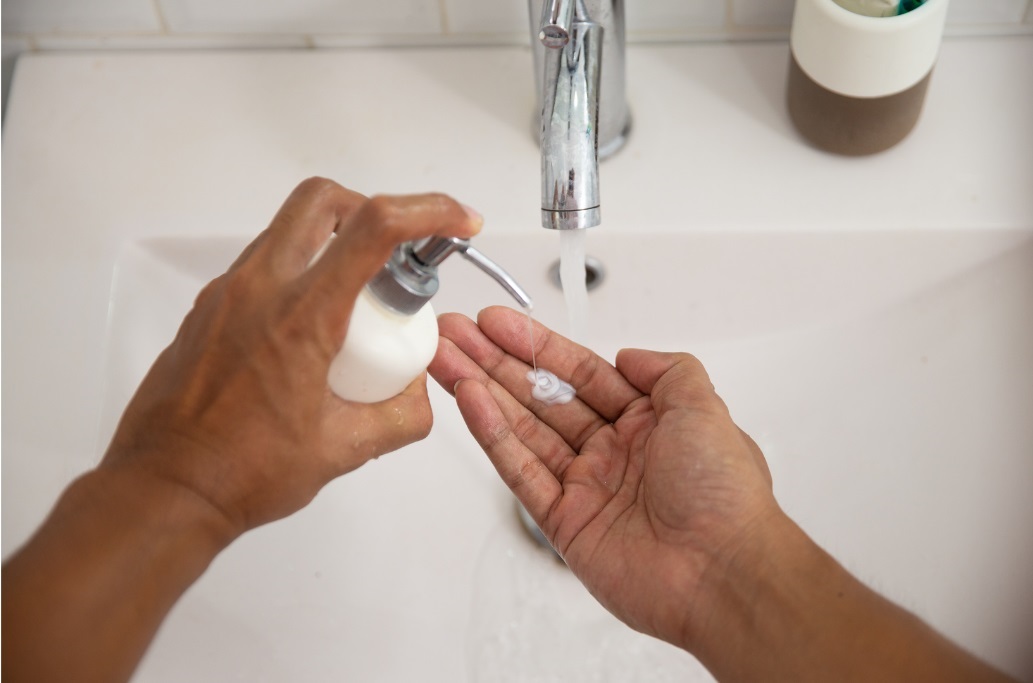
When the COVID-19 pandemic hit Detroit’s residential care facilities such as nursing homes and rehabilitation centers earlier this year, Wayne State University Professor of Infectious Diseases Teena Chopra, M.D, M.P.H., leaned in to her relationship with medical students at the School of Medicine to assist with prevention efforts. They coordinated the regular testing of residents for SARS-CoV-2, the virus that causes COVID-19, and showed the staff how to group infected individuals together to contain outbreaks.
Those community outreach efforts are highlighted extensively in “The art of infection prevention,” an article published Oct. 21 in a special issue of Nature Outlook dedicated to antimicrobial resistance. The article, by medical and science writer Kristina Campbell, details why public health experts around the world are keen on reducing the spread of disease so society can cut back on its use of antibiotics.
Dr. Chopra is corporate medical director of Infection Prevention and Hospital Epidemiology, and of Antibiotic Stewardship, at WSU and the Detroit Medical Center.
Community-level interventions like those facilitated by WSU medical students have also been crucial in other parts of the world in slowing the spread of COVID-19, according to the article.
“Without such measures, people will continue to transfer microbes to each other,” Campbell wrote. “The risk of transmission can be limited by using microbe-destroying surfaces such as copper, and through rigorous disinfection with chemicals and exposure to ultraviolet light. However, such measures can be difficult to implement in communities.”
The only two universally effective methods of combating the virus are proper hand hygiene and distancing from others, Dr. Chopra said.
“Hand hygiene is the cornerstone — not only in the hospital, but everywhere,” Dr. Chopra added.
Dr. Chopra is faculty mentor of the Infectious Diseases Interest Group of the WSU School of Medicine, formed two years ago to attract students to the field.
It is in this group that she connected with several students already involved in creating DIY handwashing stations set up outside throughout Detroit to help stop the spread of COVID-19 on the streets. There are now 14 handwashing stations and two sinks in the area. (A map of the locations is available here).